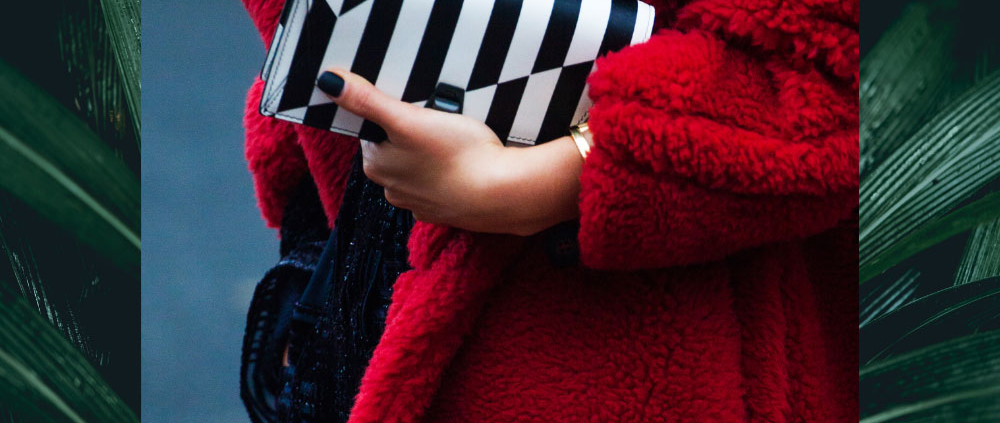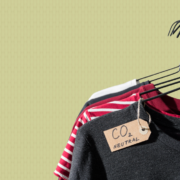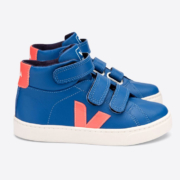Black Friday and Green Friday 2021
“After more than a year of pandemic and shopping experiences in 2020, the consumer is more prepared and hopeful for Black Friday this year.”
Black Friday, a North American term to designate the most important date in the retail market, is the main discount event of the year and an opportunity for the brands to create strategies for clearance sales, in addition to generating leads to boost Christmas sales.
Behup presented results for 2020 and a forecast for 2021 in the survey “Resumption of Consumption 2021 for Globo Market Intelligence”.
In 2020, Black Friday occurred in the Covid-19 pandemic and restrictions influenced consumer behavior in the new reality of social isolation.
“New times call for new practices and habits that affect the activities and consumption behavior of Brazilian during the pandemic.”

Durable goods
Behup – 2021 Consumer Survey for Globo Market Intelligence – Sample: 1,681 people
In social isolation, e-commerce was a bet to take advantage of market opportunities. 30% said that in the pandemic, online purchases of products started or increased. And, of those, 24% intend to maintain this behavior.

Behup – 2021 Consumer Survey for Globo Market Intelligence – Sample: 1,681 people
“80% bought products through new sales channels, such as whatsapp or social media. 25% of people plan to shop on promotional dates such as Black Friday. 10% participated in live commerce, 53% of which ended up buying products and 88% say they intend to participate in live commerce in the future.”
Featured categories in live commerces:
● Clothing and accessories (71%);
● Electronics (69%).
Mains factors in live commerce:
● Pricing and payment conditions (70%);
● Knowing new products and services (68%);
● Understanding more about the products that cannot be tried on by customers (58%);
● Understand how to use a product or APP (57%);
● Clarifying doubts about what the cliente intends to purchase (56%);
● Recommendations of the live presenter/host (44%).

A well-planed consumer likes to compare prices, payment terms and delivery options before making their purchases.
Behup – 2021 Consumer Survey for Globo Market Intelligence – Sample: 1,681 people
After the shopping experiences during the pandemic, 47% of these people affirm that they intend to purchase products during Black Friday of 2021, which occurs on November 26th.
“According to IBM’s 2020 Retail Index, the pandemic accelerated the shift from physical retailing to e-commerce within five years. With the pandemic set to continue causing significant disruption to physical retail throughout 2021, brands are increasingly seeking to create buzz and excitement around online shopping events and sales. Major events such as Black Friday are still going to happen, as they did in 2020, but with less physical presence and a renewed focus on the omnichannel experience, which takes into account the ways in which shopping habits have changed in the last year,” WGSN.
Omnichannel trend and the new consumer behavior
“There has been a change in the way people buy. More and more, we make online searches before going to the physical stores. And tendency of omnichannel will continue, with increasing focus and prominence for transactions in the digital universe”, Think with Google.

How to navigate in the context of the new consumption behavior?
The “Think With” Google platform launched a commerce guide for brands and retailers with insights, data and solutions for more optimized and relevant omnichannel campaigns:
1. Reach out to your consumers while they surf the website
2. Engage your users as they browse
3. Convert people who are searching for products
4. Get ready for end-of-the-year holiday shopping
Green Friday, Conscious Consumption and Sustainability
“The traditional linear fashion value chain transitions to a circular system,” Business of Fashion.
Green Friday is a movement that discusses the excessive consumption during Black Friday and encourages conscious consumption. The initiative drives circular economy and sustainability for the future of fashion and seeks consumers’ social responsibility.
Conscious consumption creates a perception that each acquisition has an impact, positive or negative, on the economy, social relationships, and nature.
“We consume throughout the entire year, but during Black Friday, on the last Friday of November, Christmas shopping officially begins, and consumerism increases even more. With several sales and several discounts on products, it is easy to forget all about conscious consumption and get carried away by impulse. Sales on Black Friday encourage excessive consumption, driving people based on the feeling of possession instead of well-being or necessity,” Beegreen.
“One third (36%) of the British people are choosing to buy products from companies with strong environmental credentials as priorities change during the pandemic,” Internet Retailing.
Consumer commitment and circularity promote sustainable consumption and a positive environmental impact. At the same time, the market still uses dates like Black Friday to induce consumers to buy on impulse. It is possible to seek balance between the market and the planet if circular economy is placed as an imperative in industries around the world and new strategies are developed based on a regenerative and less consumerist approach. The challenge is set.
“Circular business models won’t be optional”, McKinsey & Company.
#BusinessofFashion #BOF #McKinsey #McKinsey&Company #ThinkwithGoogle #WGSN #BlackFriday #GreenFriday











